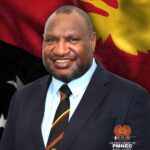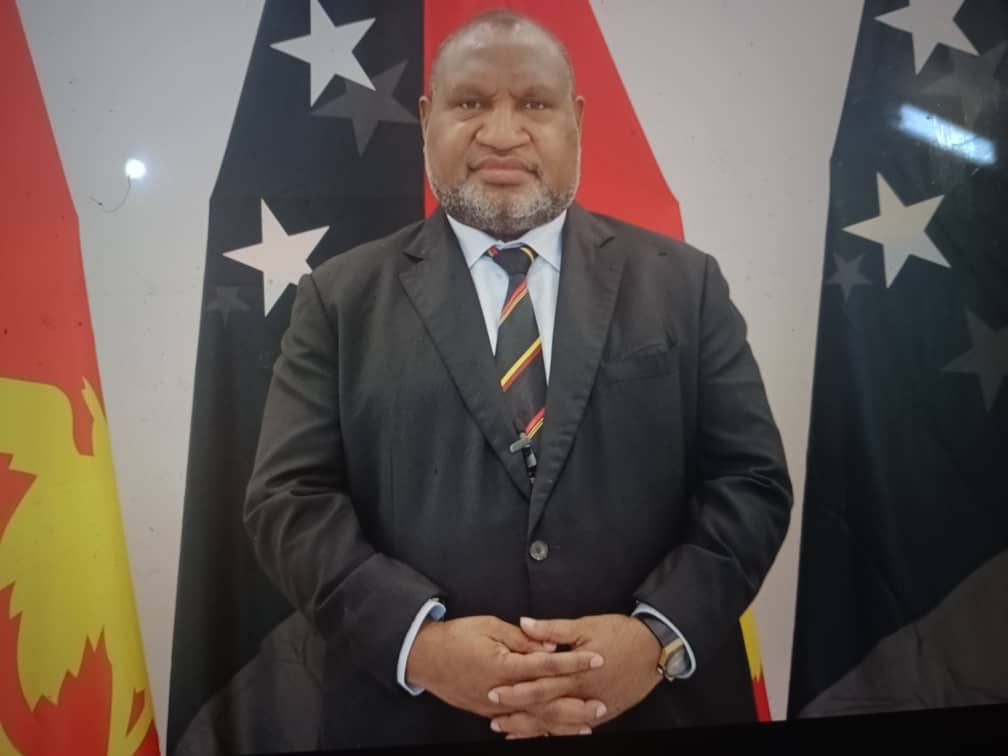Prime Minister James Marape has acknowledged the significant challenges highlighted by the Manufacturers Council of PNG regarding economic barriers faced by the country’s manufacturing sector and reaffirmed his government’s commitment to removing structural obstacles and creating a more conducive environment for businesses to thrive.
“The concerns raised by the Manufacturers Council are valid and well understood. We recognise that high operational costs, regulatory uncertainty, and inadequate infrastructure continue to impede the growth of our manufacturing sector and other industries,” Prime Minister Marape said.
The Prime Minister emphasised that PNG’s manufacturing sector is crucial for broadening the country’s economic base beyond resource extraction and reducing reliance on imports. He reiterated his government’s focus on economic diversification, job creation, and empowering local businesses to participate more meaningfully in national development.
“The Government is actively working to reduce the cost of doing business in PNG by improving budgetary processes, fiscal management, and reducing bureaucratic red tape. This includes ensuring that state agencies operate efficiently and do not interfere unnecessarily with private sector operations,” Prime Minister Marape said.
“We are committed to improving trade-related infrastructure — roads, ports, and electricity — to reduce production costs and improve market access. The Government is currently pursuing public-private partnerships (PPPs) to accelerate infrastructure investments across the country.
The Prime Minister highlighted land access issues as a key focus of ongoing reforms. “We understand that secure access to land is critical for manufacturing and other industries to expand. The Government is working with traditional landowners and land agencies to
streamline land tenure processes and make land more accessible for economic development,” he said.
“The regulatory framework is also being reviewed to ensure policy stability and reduce compliance burdens on businesses.”
Prime Minister Marape acknowledged that law and order challenges remain a major deterrent to investment and that addressing crime and corruption is high on the Government’s agenda. He reaffirmed the Government’s commitment to improving security for businesses and communities through increased police recruitment, training, and resourcing.
“We must ensure that our people are skilled and educated to participate fully in economic opportunities,” Prime Minister Marape said. He outlined efforts to improve literacy levels, vocational training, and business skills development to empower Papua New Guineans to engage in entrepreneurship and business ownership.
The Prime Minister reiterated his Government’s commitment to PNG’s Vision 2050, emphasising inclusive and sustainable development across all sectors.
“We are not blind to the barriers that hinder economic growth in our country. My Government is actively working on reforms to address these issues — from land reforms, regulatory improvements, infrastructure development, and enhancing law and order. We are investing in our people, our businesses, and our future.
“Our goal is simple: to make Papua New Guinea a better, safer, and more attractive place to do business, while ensuring that the benefits of economic growth reach every Papua New Guinean.”
Prime Minister Marape called on the private sector, development partners, and all Papua New Guineans to work together with the Government in achieving shared prosperity.



